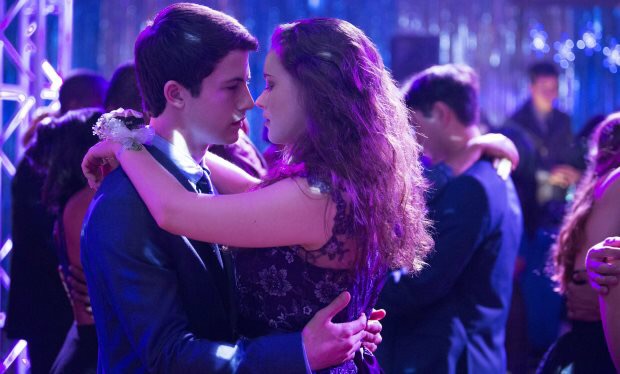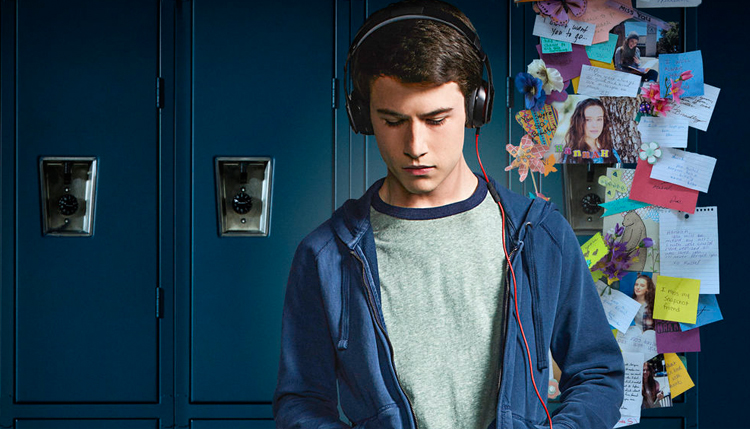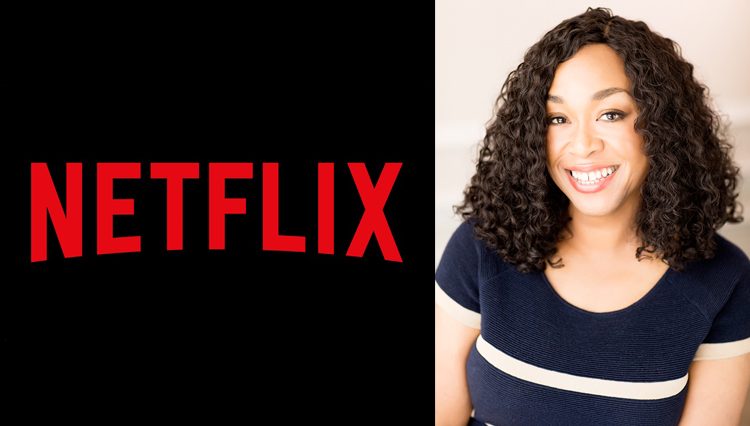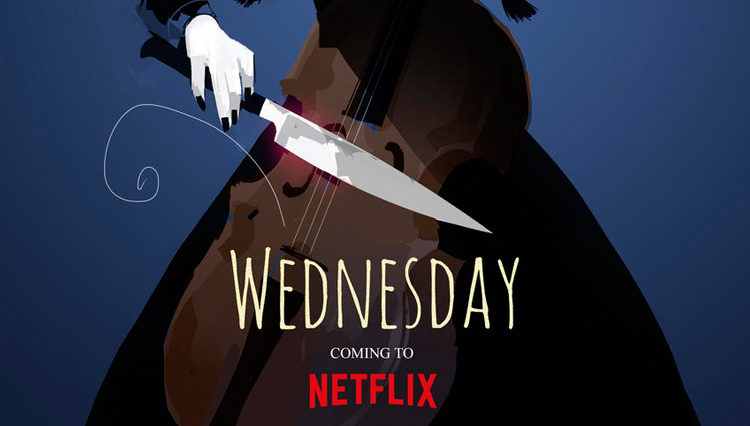On March 31st, Netflix released the latest addition to its continually growing symphony of high-quality episodic dramas. “13 Reasons Why” arrived with hardly any fanfare, an unreasonably dormant level of expectation and a sense of intrigue that only fans of Jay Asher’s much-loved novel would truly appreciate. Until now. Since it’s release, an inexplicably large number of people have both watched and adored this 13 episode series (13 reasons, obviously). With friends of mine telling me stories of how long, or in some cases short, a period of time it took for them to watch it – someone I know watched this in one night – it seemed superfluous to resist the tide of positivity surrounding what is potentially one of Netflix’s most important stories to date.
DISCLAIMER – Although no spoilers will be revealed, I will discuss plot developments and character interactions from the entire season. These will contain content some may find disturbing. Please be aware that it is not intended to be offensive, but informative of the issues presented in the series.

“13 Reasons Why” intimately divulges the harrowing events surrounding Hannah Baker (magically embodied by the opulent Katherine Langford) in the lead up to her deciding to take her own life. By the beginning of episode 1, a week has passed since Hannah made the decision to rid herself of the circumstances she, unfortunately, had to endure. As an audience we experience the fallout of this through the eyes of Dylan Minnette’s Clay Jensen, a solitary High School Junior coming to terms with the death of the person he felt more attached to than anyone else.
One night, Clay receives an unexpected package waiting for him at the front door: A shoebox. Within this shoebox are 7 cassette tapes, each describing in unnerving detail the full extent of Hannah Baker’s psyche in the days before her death – 13 Reasons Why Hannah Baker commit suicide.

From here on, we are subjected to some of the most excruciating scenarios. Again, I’m not going to give anything away, but there were times I found myself visually distressed at what I was seeing. We experience her sorrow, her torment, her dismay towards the amalgamation of circumstance that has caused her to reach this final conclusion.
Regardless of this, “13 Reasons Why” only delves into the areas necessary to telling an elaborate story. At no point does it feel as though the emotions felt by the characters has been trivialized in any way. We see Hannah’s first innocent misdemeanor progressively grow into an earthquake with the potential to destroy an unquestionable amount of lives. There are no elaborate cuts or excuses, there is no need for pomp and circumstance, instead, the need to highlight the growing pressures amongst the younger generation will forever take center stage.

Pressure will always be a part of our lives, I have deadlines to meet, you have responsibilities you must adhere to, and the teenagers of today are expected to comprehend the role of being an adult while still enduring what is probably the most emotionally complex period of anyone’s life. “13 Reasons Why” succeeds in pulling back the curtain and presenting the repercussions these pressures have on the youth of today. A youth that is subjugated to a limitless stream of over-sexualised iconography. A youth that we as an older generation disregard as difficult instead of troubled. A youth so scared of their own emotions, that the only outlet they have would be to react internally.
I can understand that what I am saying may not sound like a glittering review of this show. However, this is not the case. “13 Reasons Why” is probably the most profound work of modern television I have seen in years. High School in the U.K. is slightly different than what it is most other countries. It is the themes however that remain uniform. I’ll admit that my youth wasn’t the worst, but in no way would I consider it great. “13 Reasons Why” has the proficiency in translating universal difficulties to cultures far out reaching those of the one it is based. Its expert cinematography aids the sensation of enclosure. It’s performances establish trust, and disbelief, and compassion for people that do not exist. Its message shouts louder than all other elements without ever having to break a sweat.

We have all suffered at least once during our lives with that feeling of insecurity. Do I belong? Am I doing the right thing? Could it be better? However, most of the time we as a race convert that feeling of loss into other aspects of our personality. Some may drink, some may use rage and others may have the strength and composure to rise above the overwhelming sensation of drowning they have. What is unquestionably apparent when watching “13 Reasons Why” is that like or not, our actions have a considerable effect on those around us. Our actions have the power to dramatically influence the physical and mental well-being of friends, family and strangers alike. Should one thing be taken from “13 Reasons Why”, it’s that Human Beings crave social integration. An integration that can be aided by the people that surround them
13 Reasons Why is a mesmeric story of an unfortunate soul’s transition from innocence to malevolence through the action of other people. It’s heart and warmth serves only as a facade for real darkness that lurks within. If you only watch one dramatic series this year, you should think very carefully before moving past this extraordinary saga.




